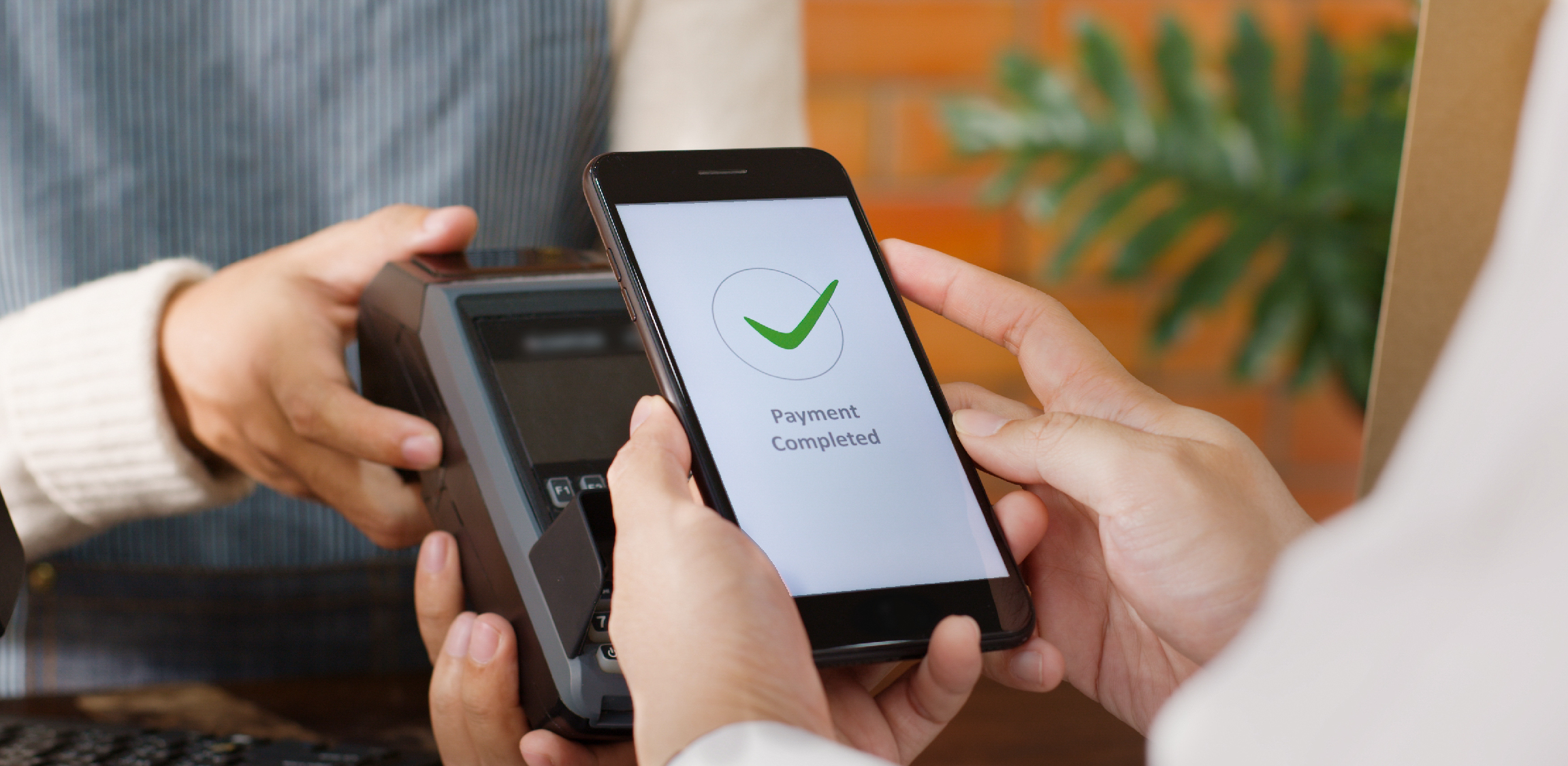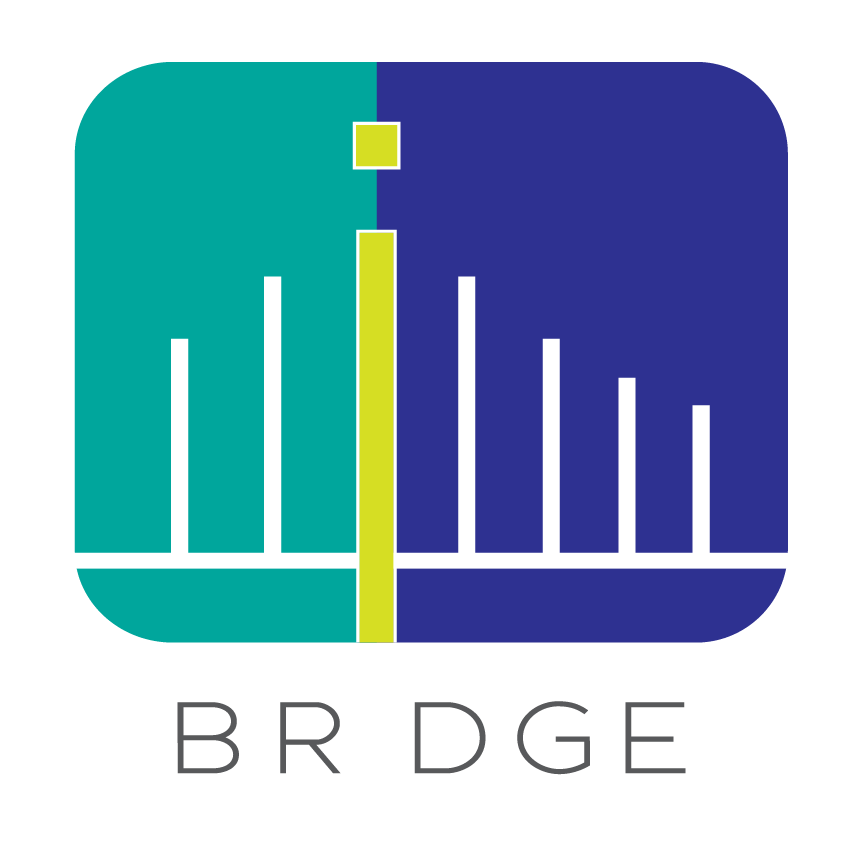Budget 2022: Are GST Vouchers & Other Rebates Enough to Cope with Higher Costs of Living?
 Living in Singapore is becoming more expensive. It is already happening. Inflation as a result of global border restrictions and supply chain disruptions in the past two years has impacted everyday expenses. Based on anecdotal evidence, the prices of meals, beverages, and groceries in Singapore have increased by between 50% to 80% compared to two years ago.
Living in Singapore is becoming more expensive. It is already happening. Inflation as a result of global border restrictions and supply chain disruptions in the past two years has impacted everyday expenses. Based on anecdotal evidence, the prices of meals, beverages, and groceries in Singapore have increased by between 50% to 80% compared to two years ago.
Further, according to Budget 2022, Singaporeans will need to pay more taxes soon. As Singapore sees higher expenditure at the country level, largely due to rising costs of healthcare, the government will aim to increase its income streams by raising GST and wealth taxes. Minister Lawrence Wong also reiterated the need to husband our reserves for major crises and emergencies.
With inflation and the upcoming GST hike, the cost of living is increasing rapidly for Singaporeans. Thankfully, Budget 2022 has also introduced some relief measures to help us cope. Let’s take a closer look.
Budget 2022: How will costs of living increase?
From Budget 2022, we can see three main areas where living expenses will increase: GST, taxes on the wealth taxes, as well as utility bills. Add together, the costs of living in Singapore may increase significantly.
GST hike in 2023 and 2024
The government will be increasing the goods and services tax (GST) in a two-step manner from 7% to 8% in 2023 and then to 9% in 2024. As the GST is a broad-based consumption tax levied on the import of goods, as well as nearly all supplies of goods and services in Singapore. The costs of dining, healthcare, imported goods, and other goods and services will definitely go up.
Wealth taxes: Luxury properties and cars will get more expensive
Minister Lawrence Wong detailed a series of wealth taxes, which “recirculates a portion of the wealth stock in our economy”, and “mitigate social inequalities”. For the majority of Singaporeans, the below wealth taxes will not impact them greatly.
| Tax Changes | Details |
| Personal income tax for top earners | Raised to 23% for those with chargeable income of more than $500,000 to $1 million and 24% for those above $1 million. Up from the existing 22%. |
| Property tax | Non-owner-occupied residential property will see tax raised to between 12% and 36%, from 10% to 20% currently.
Higher property tax for the portion of annual value in excess of $30,000 |
| Tax on luxury cars | Additional tier of registration fees at a rate of 220% for portion of open market value in excess of $80,000 |
Carbon tax: Higher utility bills
Singaporeans may need to foot higher utility bills because of the carbon tax, which will be raised from the current $5 per tonne of emissions to $25 per tonne from 2024. The tax will be progressively raised in order to reach the long-term aim of net zero carbon.
This is so that Singapore can achieve its international commitment to peak emissions around 2030, and halve emissions from its peak by 2050. To provide relief for Singaporeans, the government will be continuing U Save voucher rebates to defray utility costs.
Budget 2022: Payouts, rebates and vouchers for Singaporeans
We’ve looked at how living expenses will increase. Let’s take a look at what support measures the Budget 2022 provides to help Singaporeans cope and transition.
| Scheme | Benefits |
| Cash payouts under Assurance Package | $700 to $1,600 cash payout for every Singaporean (21 and above) over the next five years |
| GST Voucher | Up to $500 for eligible Singaporeans |
| GST Voucher (Seniors) | $600 to $900 for lower-income seniors |
| U Save Voucher | $330 to $570 additional U Save rebates for eligible households for the next four years |
| CDC Vouchers | A total of $400 over 2023 and 2024 for Singaporean households |
| MediSave top-up | $450 top-up over next three years for Singaporeans aged 20 and above and seniors aged 55 and above |
To help Singaporeans transition to the new GST rate that will increase to 8% in 2023 and reach 9% in 2024, the minister said that he will provide an additional top-up of $640 million to the Assurance Package, on top of the $6 billion that was previously announced. Within this package, Singaporeans will get cash payouts over the next five years ranging from $700 to $1,600 depending on income and property ownership. There will also be more cash bonuses via the GST Voucher, and the U Save voucher will help to defray the cost of household utilities.
Additionally, to help Singaporeans with living expenses, more Community Development Council (CDC) Vouchers, $200 each time, will be disbursed to all Singaporean households in 2023 and 2024.
Investing in Singapore to combat inflation
While the above list of measures are appreciated, they point to the fact that living in Singapore will become more expensive. To prepare for such a future, growing our money will become even more important in 2022 and beyond. Simply saving in a regular bank account with an interest rate of 0.05% will not be sufficient to combat inflation, let alone tax increases. Essentially, the value of our retirement savings is decreasing.
Investing through crowdfunding
Investing through crowdfunding platforms is one possible way to grow your money, alongside other financial investment vehicles such as stocks and bonds, ETFs, and commodities. How it works is that you select small and medium sized enterprises (SMEs) to support through a crowdfunding platform. When the companies repay their SME crowdfunding loans, you earn interest rates as shareholders of the loan.
As Singapore’s economy recovers, there will be businesses that require working capital loans, either to expand their operations, or to tide over a period of tight cash flow. Working capital is also important for SMEs that are still in the midst of adapting to digitalization. Crowdfunding helps to bridge retail investors to SMEs, so investors get the potential to earn higher earnings, while SME business owners gain an alternative financing option.
BRDGE is a Singapore-based peer-to-peer (P2P) lending platform, licensed by the Monetary Authority of Singapore (MAS) since 2017. It currently has over 17,000 retail investors backing 252 successfully funded SMEs with $20k to $250k per portfolio. BRDGE’s credit assessment team inspects all SME borrowers to understand their businesses and conduct strict credit assessment. For more information on how to invest through BRDGE, or how to borrow if you are an SME, visit brdge.tech.

Get the guide now!
Get the guide now!